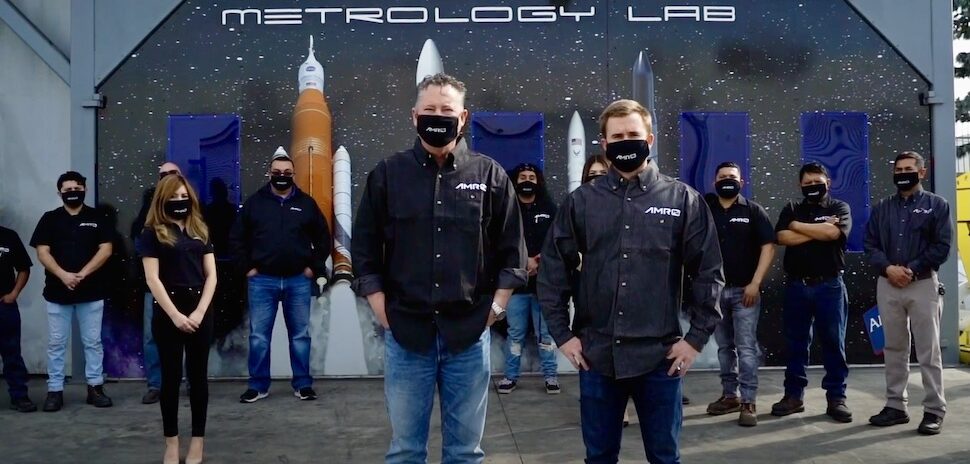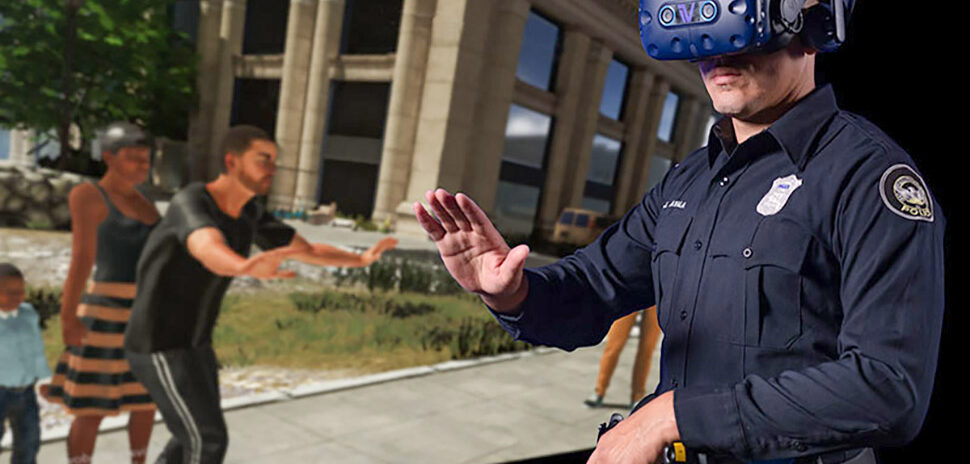Steve Nix is already a veteran of the burgeoning virtual reality space and now he’s back with a new company ready to make waves in that space.
Nix managed VR at ReelFX before founding ForwardXP. He’s also the founder of Yvolver, a mobile gaming platform, which he sold to Opera last year. And he’s a former executive of GameStop and id Software, the video game developer best known for creating the popular games, Doom and Quake.
His latest venture is ForwardXP, a Dallas company that will create interactive, immersive experiences for both virtual and augmented realities. The founder and CEO won’t get into specifics on what ForwardXP will be doing but he did provide a few interesting nuggets on where he thinks the technology is headed.
While video games are a big deal, that’s not going to be ForwardXP’s focus. It’s more about the experiences, hence the XP in the company’s name. His goal is to get that in front of billions of people.
“It’s going to be interactive content. I think content that people return to on a daily basis,” Nix said. “Looking at social options, connected experiences. It’s really cool to be in an amazing new world by yourself. But it’s even better if you’re with a friend. How can we gamify the experiences where I want to invite you in to come explore some virtual reality universe with me?”
“It’s really cool to be in an amazing new world by yourself. But it’s even better if you’re with a friend.”
STEVE NIX
He’s especially excited about voice recognition technology.
“The experience is made better because we’re able to find things more easily,” Nix said. “We’re able to talk with each other, we’re able to communicate, and we’re able to issue voice commands to the environment to get it to do things rather than using some clunky controller.”
It’s all moving so fast that it’s hard for people to keep up. New goggles and hand controllers and gimmicks are being announced all the time. One of the challenges Nix and other content creators face is that content and games made for one system may not be compatible with another.
Traditionally, video games are released on multiple platforms but provide mostly the same experience on each.
Just about any smartphone today can accommodate Google Cardboard goggles, which cost $10. That makes 360-degree video accessible to the masses.
“It’s not a great experience but it’s there,” Nix said. “The really low-end devices, people don’t tend to want to spend a lot of money on content for that. We really need the higher-end devices to be in the market at scale.”
Delivering what’s new and next in Dallas-Fort Worth innovation, every day. Get the Dallas Innovates e-newsletter.































